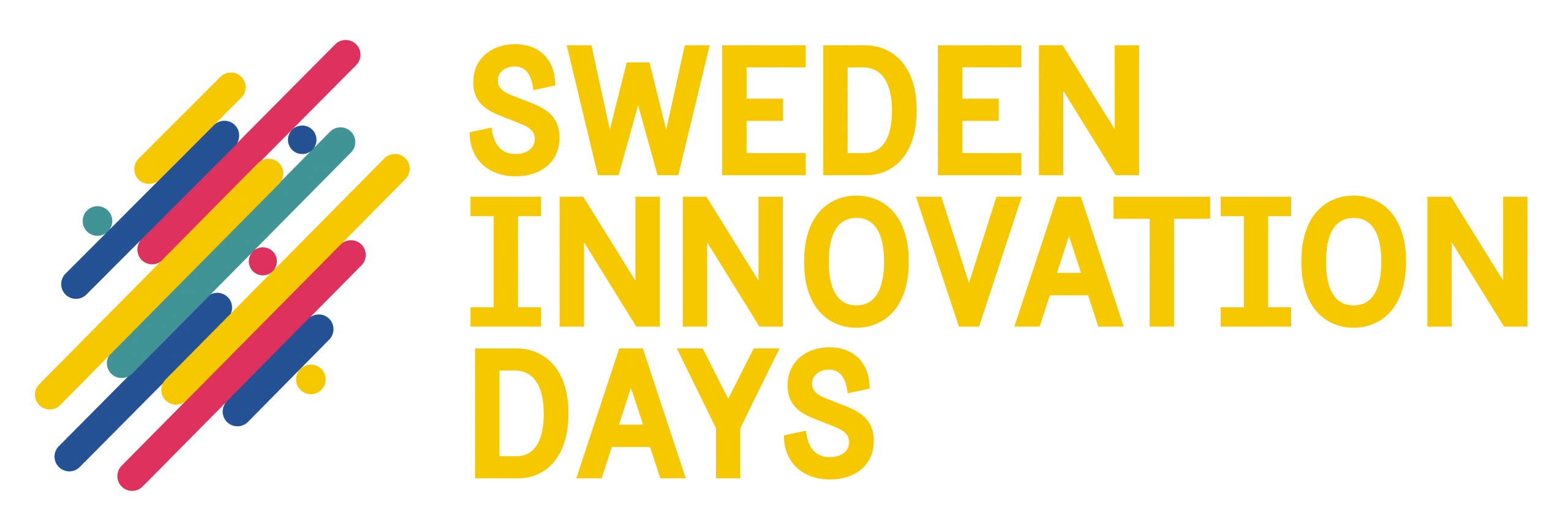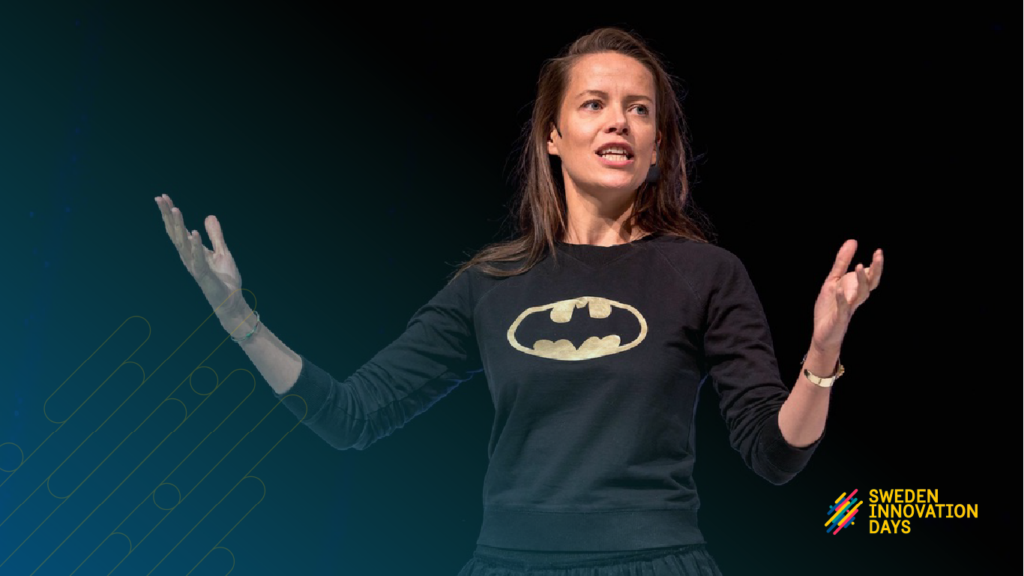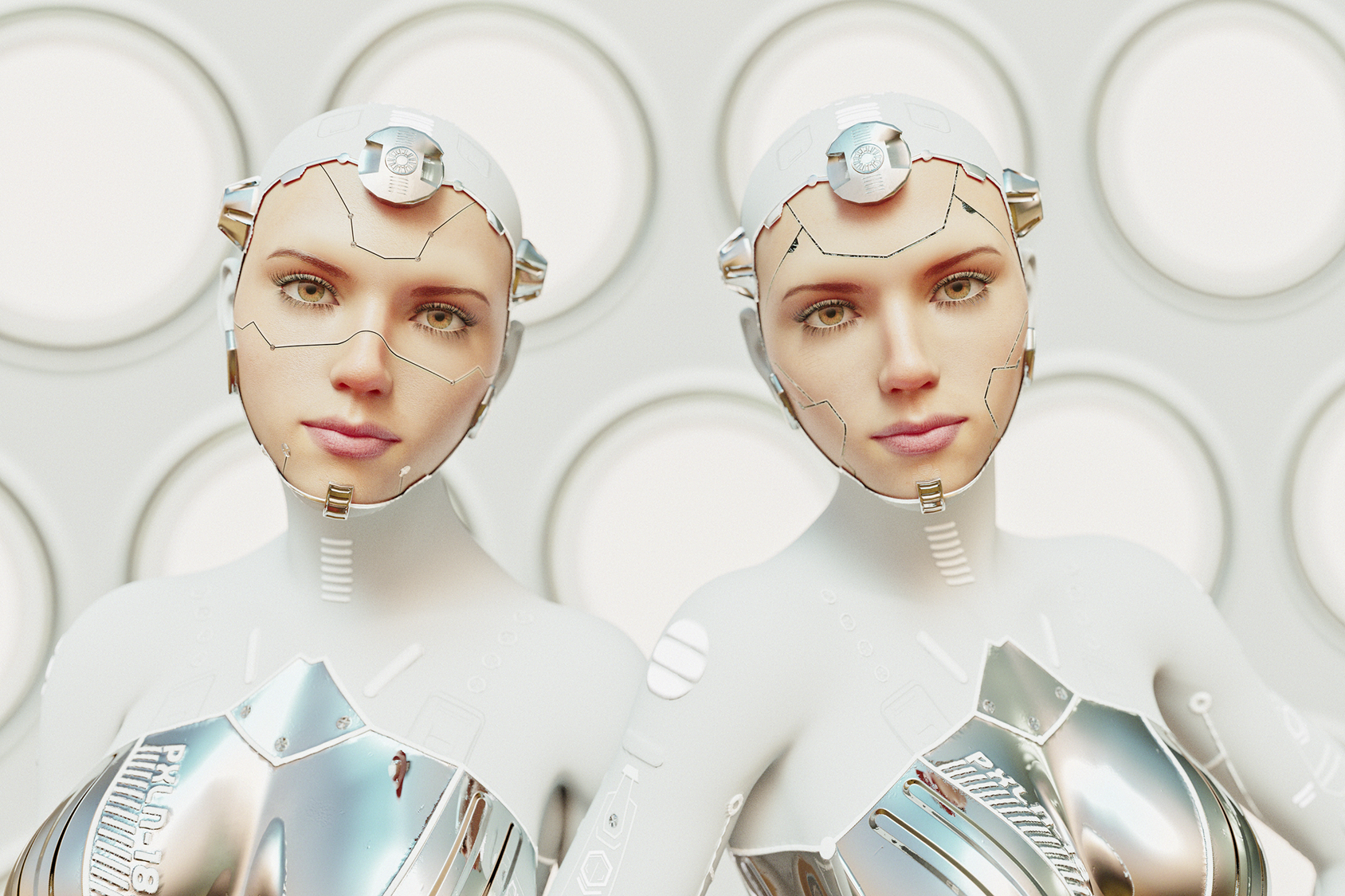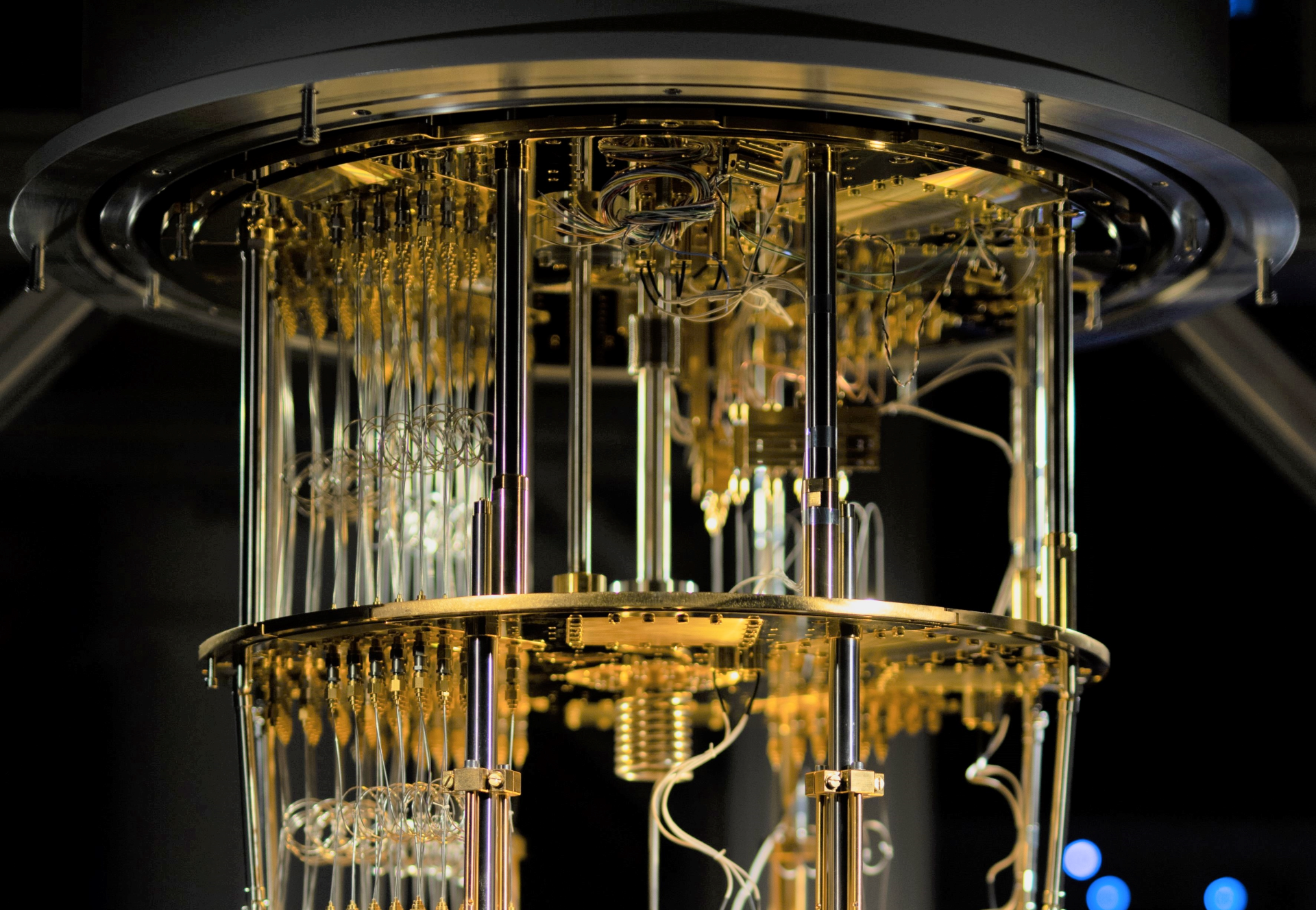Lead Moderator and Tech Investor Aurore Belfrage is returning for the third time to guide the conversation on all three days of Sweden Innovation Days.
We sat down with her to discuss why she is back, the importance of language and mindset and why there is no ‘how’ for innovation.
This is your third time moderating Sweden Innovation Days, why do you keep returning and have there been any important developments since last year’s event?
It’s important to firstly say the 2030 goals are still there, so it’s not a case of coming back. It’s about consistency and continuing the work. When we finished the conference last year, we said that the next one would be even more important and this continues to be true, as we still haven’t achieved the goals both from a climate perspective but also from a biosphere perspective. So it’s not a choice, it’s where we need to go.
So even if we haven’t achieved the Global Goals yet, have there been any positive developments or do we need to push again and kick start more action?
Yes and no. This transition is always going to be difficult, and before hitting the tipping point, it feels very slow. I hope when we look back in 2035 (when we have achieved our goals), we see that a lot of crucial work actually happened in these mid-steps. We also need to understand that things take time and we have all the ingredients to catch up. It’s important not to lose momentum, hope or energy during these slightly frustrating phases.
How do we keep moving forward during these periods where change may not be as obvious?
It’s a balancing act between both the carrot and the stick. We need both. We can’t become complacent about the seriousness of today’s challenges but it’s quite easy to feel there’s a lot of crying wolf when it’s not visible in our day to day lives.
Instead we need to look towards the opportunities, the potential investment, the excitement and collective pooling of talent that creates an atmosphere of moving towards a brighter future together. We need innovation leaders who have the difficult task of not losing the vision (for a better future) and formulating something that hasn’t been seen before, as well as pushing people forward to find their roles within that. Sweden Innovation Days is an opportunity to re-energise people and remind ourselves that it is a collective effort and you are not alone.
Why is it important to look at the ‘how’ of what is happening within innovation?
The ‘how’ is important because it’s one of the main stumbling blocks now that we understand where we’re going. Firstly, we need to acknowledge that there is no ‘how.’ There is no exact description of what to do, it’s not formulaic.
However despite this, it is extremely important to compare notes, share past learnings and have a collaborative discussion on how to move forward. We need to explore how we can motivate, tweak and test in order to move forward even when there is no single approach.
The idea of there being no ‘how’ resembles your previous discussions on the importance of the iterative process. How do you hope to facilitate these types of conversations during the conference so that people don’t feel demotivated by a lack of clear instructions?
I think we need to be very clear that it is hard work. Because I think the demotivation comes when it (being hard) comes as a surprise. The discussion needs to fluctuate between tangible suggestions and past learnings and discussing mindset, i.e how we can motivate people and how do we collectively deal with the question marks?
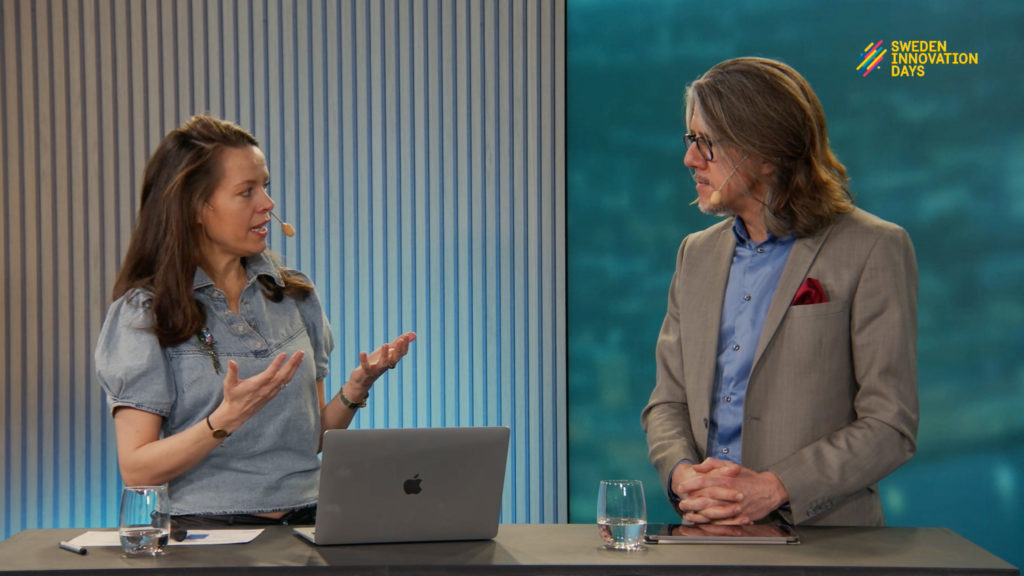
We need to be able to dissect our past activities without ego and move forward collaboratively. The conversations need to allow companies, representatives, politicians and institutions to create a mindset within our three days that embodies constructive co-creation.
You’ve mentioned the importance of sharing results which is the primary focus of Day 3, why is it so important to focus on this?
I envision a dance between failed results and successful results. It’s important to look at things that actually moved the needle as this inspires and gives people energy to work on similar things. But you also need to do the post mortem where you create an acceptance and a very transparent dialog about what didn’t work, because things don’t always work and that is both allowed and necessary.
Is it important to have a mindset that failure is okay?
It’s not about failure/win as linear failure being acceptable tends to be just a tagline. I’d rephrase it as learning. It’s more about building on what has been done before.
During the past year, you have begun to focus more on energy (one of the four thematic areas of this conference), why have you made that transition?
For me personally, it’s a double whammy. The energy and energy efficiency sector has the opportunity to to seriously move the needle. And it excites me as an investor as it’s where the big opportunities lie.
From a general point of view though, energy is just one part of the innovative landscape where we’ve redefined our appetite for risk a little. Conservative forces have taken more risk because of the energy crisis, war, economic collapse and actual climate impact. These factors mean that governments, investors and consumers see these risks as necessary, which by definition takes the risk out of it. It means there have been a lot of positive steps and the conversation has moved to ‘how can we do this in the best way’ rather than ‘should we do something.’ These more immediate threats have created a sense of urgency and it’s important we don’t lose momentum in this conversation.
What role do you see innovation playing in relation to today’s biggest challenges and how do you turn today’s innovation into tomorrow’s mainstream?
There is a paradox between Sweden Innovation Days talking about ‘how’ because that implies institutionalizing and scaling up which isn’t necessarily innovative in a technical sense. What we need now is to take yesterday’s innovations and implement them and scale them up. And that means, as we discussed last year, even more of process innovation, policy, innovation, not necessarily technical innovation. Many would agree that much of what we need to do to achieve the 2030 Goals is about changing processes which are different to what is needed to take fusion to the next level for example.
The question is what do we want to achieve? Sweden Innovation Days isn’t where the big ideas are hatched, it’s a forum for discussion, networking and tool sharing. It is also a fantastic place to identify gaps and normalize a learning mindset. I hope people leave with an understanding and tools to address the stock market, citizens, employees in a transition process and have the confidence to take action.
You can see more of Aurore on the Mainstage between 14:00-17:00 everyday of Sweden Innovation Days! If you haven’t already, register today!
